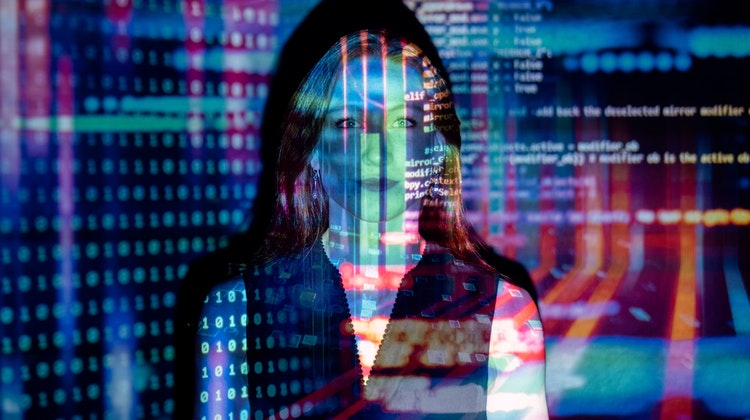
Photo Credit: pexel
When it comes to facial recognition technology, 2021 is already shaping up to be a pivotal year. On one hand, you have the big tech companies – including Microsoft, IBM, Amazon and Facebook – that are pushing for some kind of national law that will enable them to operate and sell their facial recognition technology to a wide range of commercial and government entities. On the other hand, you have consumer privacy and racial justice advocates, who are pushing for an outright ban on facial recognition technology entirely. And in the middle, of course, you have the incoming Biden administration, which must decide just how far it is willing to go with what would be the first federal law on facial recognition technology.
The pros and cons of facial recognition
Just about everyone agrees on what the new federal law – if it actually gets enacted – should include. It should make mass surveillance and racial profiling impossible, and it should also ensure that basic human rights and freedoms are not violated. That’s why outright bans have been so popular in places like Portland, Oregon and San Francisco, California. The view of many is that facial recognition technology is just too risky and too dangerous in any format, and it’s better to do away with it entirely.
And that’s where the big tech companies would beg to differ. As they see it, offering facial recognition technology to law enforcement agencies has the ability to make communities and neighborhoods safer. Offering facial recognition technology to airlines and cruise lines will make it easier to offer contactless services to customers (a new priority in our new pandemic reality). Using facial recognition technology on Facebook makes it easier for you to spot friends and family in photos. And offering facial recognition technology to retailers and other consumer-facing businesses will make it easier to offer personalized, customized services while also making the shopping experience safer.
As Big Tech sees it, it’s better to have some sort of federal law than no federal law at all. Without a national law of some kind, local cities and municipalities will continue to put into place their own facial recognition bans. That will create a patchwork system that will make it very difficult for Big Tech to operate. Think about it – if facial recognition is banned in some California cities but no others – isn’t that going to make it close to impossible for Silicon Valley companies to implement facial recognition solutions on a statewide (not to mention nationwide) basis?
The China example
Where things get really interesting is when you consider what is going on in China with facial recognition technology. There, Chinese mass surveillance augmented by facial recognition technology is so pervasive and so ubiquitous that even the mere suggestion that a camera could be watching you is enough to change behavior. For example, China is now infamous for all the ways that it uses facial recognition technology to shame and punish its population. If a camera catches you jaywalking across a busy urban street, for example, facial recognition technology can be used to find out who it was, and then send that person a nasty text message accompanied by a fine. Things are so out of control in China that facial recognition technology is even used for the “behavioral engineering” of young children. Even something like wearing pajamas in public – an act viewed as “uncivilized” by the Chinese state – could end up with you being publicly shamed in China.
And that’s really just the tipping point for where facial recognition technology is heading in China. If you think racial profiling in the United States is bad, it’s way worse in China. There, facial recognition technology is being used to clamp down on the Uighur Muslim population, making it impossible for them to participate in everyday Chinese life. Increasingly, they are being rounded up and sent to detention camps where they can be watched over on a 24/7 basis. And don’t forget about political dissidents and protesters – facial recognition technology makes it very easy for the Chinese state to keep tabs on them as part of a massive political surveillance effort.
A dystopian future
So do we really want to be like China with facial recognition technology? I don’t. Imagine living in some kind of dystopian future, in which cameras follow you around constantly, and the government always knows where you are, what you are doing, and with whom you are talking. Facial recognition tech from Amazon (which could be used on Nest video doorbells) follows you around your neighborhood, while facial recognition technology from IBM at your local retail store follows you around anytime you go shopping. When you drive or walk anywhere in the city, facial recognition technology from Microsoft follows you around, handing out fines and public shaming. Then, all of this information is fed into a government database, which, in turn, is combined with a social credit score system to take away points anytime you do something wrong. The next time you show up at a store, you might find that you can’t even get inside the place (“Sorry, we don’t accept people with low social credit scores”) because you can’t unlock the door with your face.
So think long and hard the next time you hear that the U.S. government is working on a new facial recognition law. Any legal opening, no matter how small, might be exploited in ways that you couldn’t even imagine.